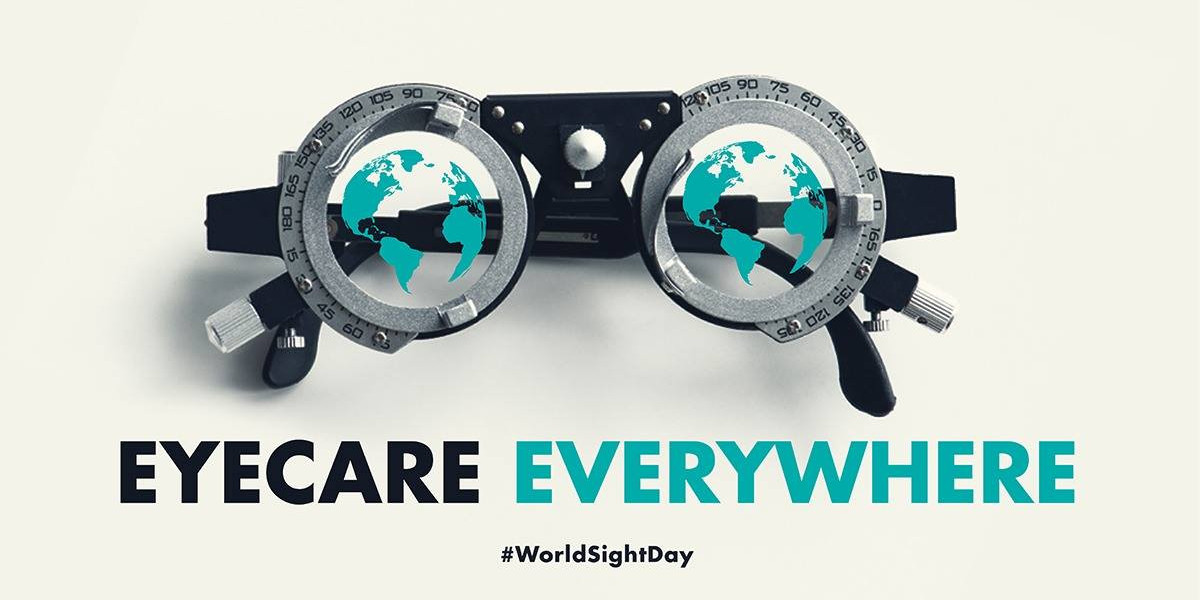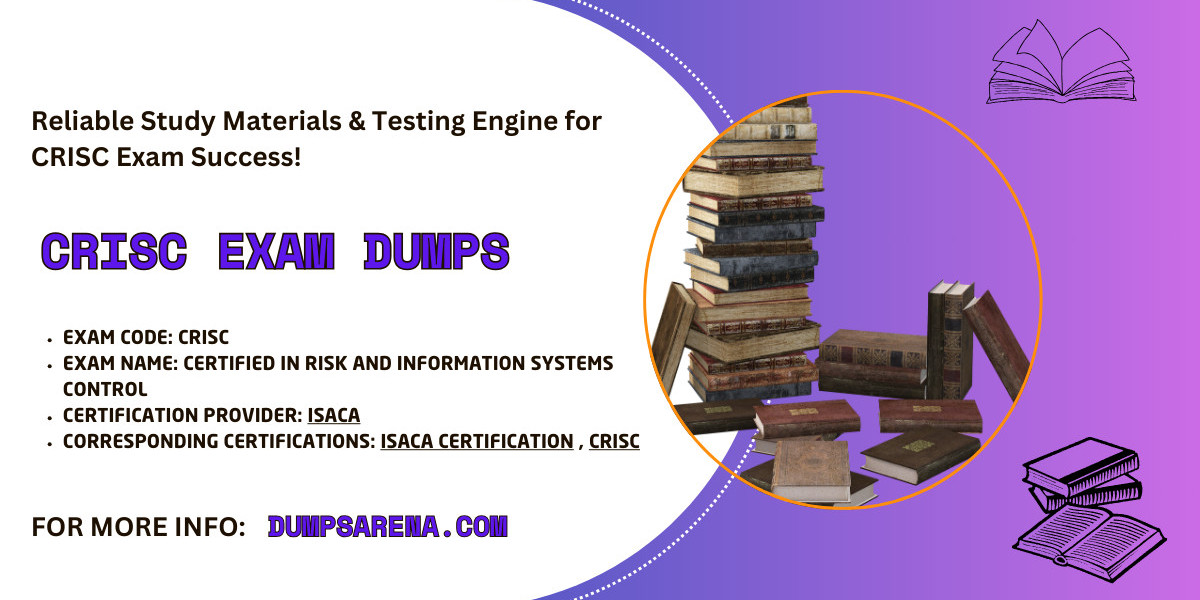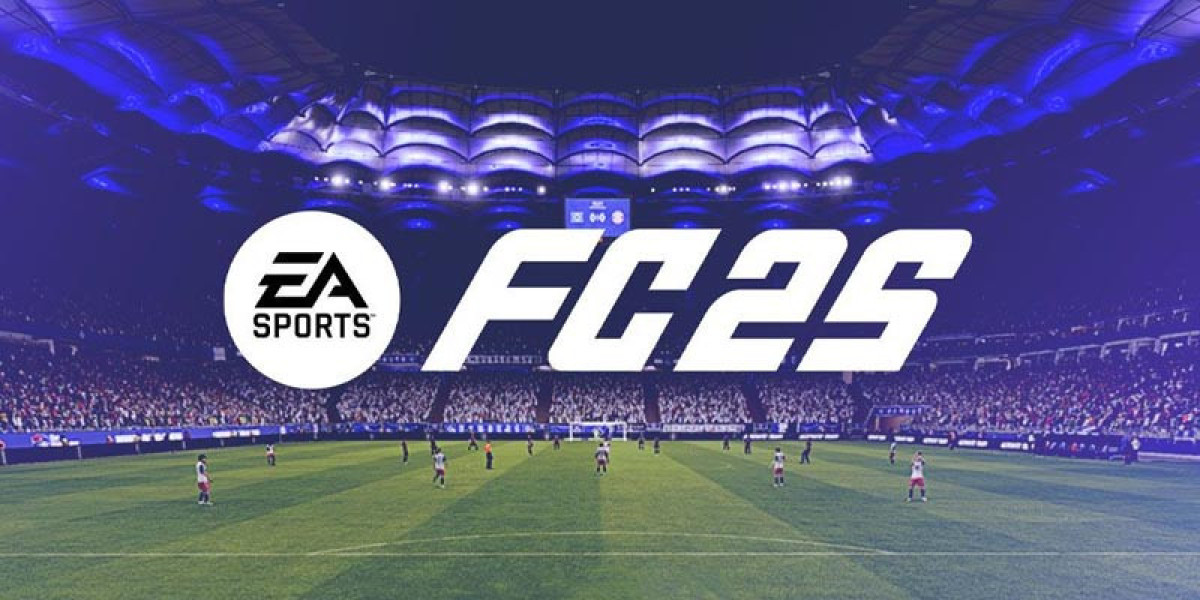High blood pressure, also known as hypertension, is often called the "silent killer" because it can go unnoticed for years while causing significant damage to your body. Among its many harmful effects, the impact on your eyes is often overlooked. The delicate blood vessels in your eyes are particularly vulnerable to damage from elevated blood pressure, leading to a condition known as hypertensive retinopathy.
Early detection and proper Hypertensive Retinopathy Treatment are crucial to preserving your vision and preventing long-term complications. Understanding the link between high blood pressure and eye health can empower you to take proactive steps to safeguard your sight.
How High Blood Pressure Affects Your Eyes
Strain on Blood Vessels: The tiny blood vessels in your retina are sensitive to changes in pressure. Hypertension causes them to thicken, narrowing the passage of blood flow. This restricts oxygen and nutrients from reaching your eyes, leading to damage over time.
Retinal Swelling: Prolonged high blood pressure can lead to swelling in the retina, the light-sensitive layer at the back of your eye. This may cause blurred vision or distorted images.
Optic Nerve Damage: In severe cases, high blood pressure can restrict blood flow to the optic nerve, resulting in vision loss.
Hemorrhages and Leaks: Weakening of blood vessels due to hypertension can lead to bleeding or fluid leakage into the retina, further impairing vision.
These changes underscore the importance of routine eye exams, especially if you have a history of high blood pressure. An eye specialist can detect early signs of hypertensive retinopathy, even before noticeable symptoms appear.
Symptoms of Hypertensive Retinopathy
Hypertensive retinopathy often develops gradually, and symptoms may be subtle in the early stages. Be aware of these warning signs:
Blurred or dimmed vision
Sudden vision changes
Eye pain or pressure
Spots or floaters in your vision
Double vision or headaches
If you experience any of these symptoms, seek immediate medical attention. Addressing the condition early can prevent further damage and improve outcomes.
The Importance of Regular Eye Examinations
Routine eye check-ups play a vital role in detecting hypertensive retinopathy early. During an eye exam, your specialist may use the following techniques:
Fundus Photography: Captures detailed images of the retina to identify changes in blood vessels.
Ophthalmoscopy: Allows direct visualization of the retina and optic nerve.
Optical Coherence Tomography (OCT): Provides cross-sectional images of the retina to detect swelling or fluid buildup.
By identifying these abnormalities, your eye doctor can recommend appropriate Hypertensive Retinopathy Treatment to protect your vision.
Effective Treatments for Hypertensive Retinopathy
Managing hypertensive retinopathy involves a combination of lifestyle changes, medical interventions, and regular monitoring:
Blood Pressure Control: The cornerstone of treatment is managing your blood pressure. This may involve dietary modifications, regular exercise, stress reduction, and prescribed medications.
Medications for Retinal Health: In some cases, medications may be recommended to reduce swelling or prevent further damage to the retina.
Laser Therapy: If blood vessel leaks or hemorrhages are severe, laser treatments can seal the affected areas and prevent vision loss.
Monitoring and Follow-Up: Regular follow-up appointments with your eye specialist ensure that your condition is under control and that treatment is effective.
By addressing both the underlying hypertension and its impact on your eyes, you can significantly reduce the risk of complications.
Preventing Hypertensive Retinopathy
Prevention begins with managing your overall health. Here are practical steps you can take to protect your eyes:
Monitor Blood Pressure: Regularly check your blood pressure and follow your doctor’s advice to maintain it within a healthy range.
Adopt a Healthy Diet: Focus on a balanced diet rich in fruits, vegetables, whole grains, and lean proteins. Limit salt and processed foods.
Stay Active: Engage in regular physical activity, such as walking, swimming, or yoga, to promote cardiovascular health.
Quit Smoking: Smoking exacerbates blood vessel damage, increasing the risk of hypertensive retinopathy.
Limit Alcohol Consumption: Excessive alcohol intake can raise blood pressure and worsen retinal health.
Regular Eye Exams: Even if you feel fine, annual eye exams are critical to catching issues early.
Small, consistent changes in your lifestyle can make a big difference in protecting your vision.
Choosing the Right Eye Hospital for Care
When it comes to managing hypertensive retinopathy, selecting a trusted eye hospital is vital. Look for facilities that offer:
Specialized Expertise: Ophthalmologists with experience in diagnosing and treating hypertensive retinopathy.
Advanced Technology: Access to cutting-edge diagnostic tools and treatments.
Comprehensive Care: A holistic approach that addresses both your eye health and underlying conditions like hypertension.
Patient-Centered Care: A team that prioritizes your comfort, listens to your concerns, and tailors treatments to your unique needs.
With its dedicated focus on advanced eye care, Maxi Vision stands out as a super-speciality eye hospital. By combining state-of-the-art technology with compassionate patient care, Maxi Vision ensures the best outcomes for individuals affected by hypertensive retinopathy.
Conclusion
High blood pressure isn’t just a cardiovascular concern—it’s a serious threat to your eyesight. By understanding the connection between hypertension and your eye health, you can take proactive steps to protect your vision. Regular check-ups, early detection, and effective Hypertensive Retinopathy Treatment are key to preserving your sight.







